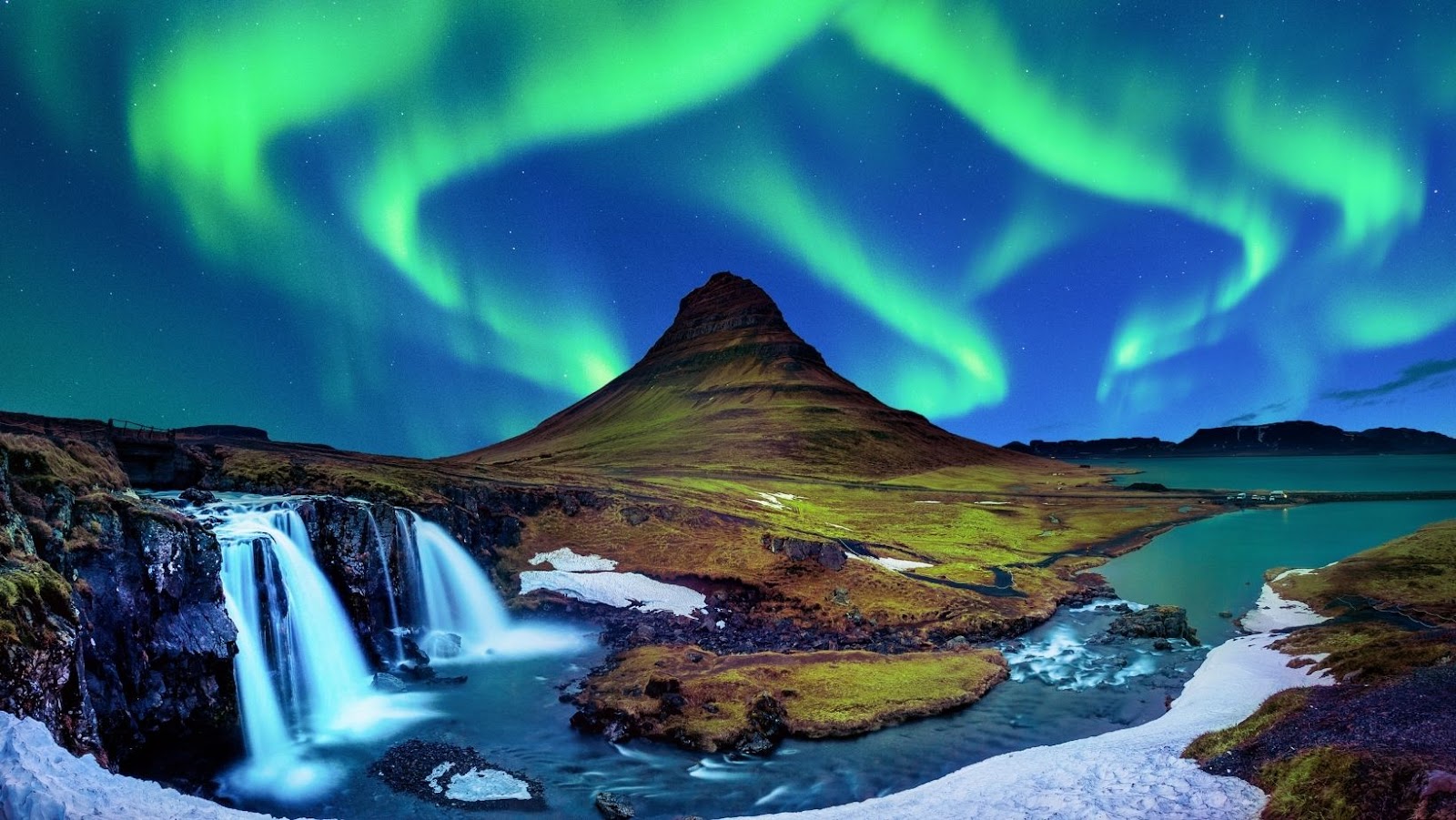
The Northern Lights, also known as the Aurora Borealis, are one of nature’s most incredible displays. These stunning lights are created when solar particles interact with the Earth’s atmosphere, resulting in a spectacular light show that can often be seen in the night sky.
While the Northern Lights are typically associated with winter, they can actually be seen throughout the year. In fact, summer is actually one of the best times to see them, as the longer days and lighter nights provide ideal conditions for viewing. If you’re lucky enough to catch a glimpse of the Northern Lights, it’s an experience you’ll never forget. Here are some tips to help you make the most of your experience.
When to see northern lights in iceland
There is no definitive answer as to when the best time to see the Northern Lights in Iceland is. However, the lights are typically most active during the months of September and October, as well as March and April. These months offer longer nights and clear skies, which are ideal conditions for viewing the lights.
Of course, you can’t control the weather, so it’s always a good idea to be prepared. Make sure to dress warmly and pack a blanket or two to keep you cozy while you wait for the lights to appear. And don’t forget your camera! The Northern Lights are a once-in-a-lifetime experience, so you’ll want to make sure you capture them in all their glory. Whether you’re an avid outdoors enthusiast or a casual stargazer, seeing the Northern Lights is an unforgettable experience. With a little planning and a bit of luck, you just might be able to catch a glimpse of this natural wonder.
What are the Northern Lights and what causes them to form?
The Northern Lights, also known as the Aurora Borealis, are a natural phenomenon that occurs when solar particles interact with the Earth’s atmosphere. This interaction results in a spectacular light show that can often be seen in the night sky. There are two main types of Northern Lights: Auroral Arc and Auroral Corona. Auroral Arc is the most common type and is typically characterized by a band of light that appears in the sky. Auroral Corona, on the other hand, is a more rare type of light that appears as a halo or ring around the Sun or Moon.
While the Northern Lights are typically associated with winter, they can actually be seen throughout the year. In fact, summer is actually one of the best times to see them, as the longer days and lighter nights provide ideal conditions for viewing. If you’re lucky enough to catch a glimpse of the Northern Lights, it’s an experience you’ll never forget. Here are some tips to help you make the most of your experience.
How can you best view the Northern Lights?
There is no definitive answer as to when the best time to see the Northern Lights is. However, the lights are typically most active during the months of September and October, as well as March and April. These months offer longer nights and clear skies, which are ideal conditions for viewing the lights.
Of course, you can’t control the weather, so it’s always a good idea to be prepared. Make sure to dress warmly and pack a blanket or two to keep you cozy while you wait for the lights to appear. And don’t forget your camera! The Northern Lights are a once-in-a-lifetime experience, so you’ll want to make sure you capture them in all their glory. Whether you’re an avid outdoors enthusiast or a casual stargazer, seeing the Northern Lights is an unforgettable experience. With a little planning and a bit of luck, you just might be able to catch a glimpse of this natural wonder.




